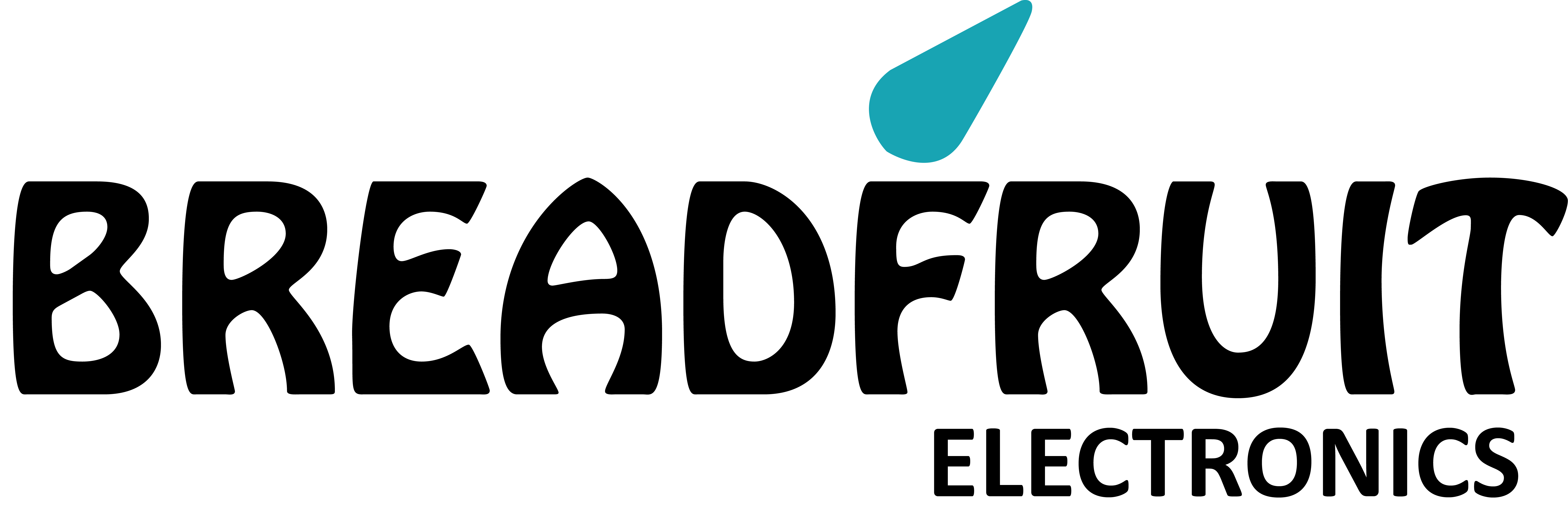
I wish all of you the best as you embark on the how am i powerless over alcohol spiritual trip of a life time. It may seem like admitting powerlessness is giving up, but the exact opposite is true. Powerlessness isn’t meant to lead to hopelessness, but rather to a greater sense of hope and agency in your life. Recognizing this powerlessness over addiction is not the same as saying you have no power to create change in your life.
- These are questions that have come to my mind from time to time.
- Sharing your experience with Step One and how it paved the way for your recovery can be incredibly inspiring and supportive to newcomers.
- Medications are closely monitored to make sure they’re not causing potentially lethal problems.
- When a person admits that alcohol is affecting his or her life, they can start recovery.
- The first step to recovery, according to Alcoholics Anonymous (AA), is to admit that you are powerless over alcohol and that your life has become unmanageable.
What is Admitting Powerlessness Over Alcohol or Drugs?
The river that runs underneath powerlessness is fear. The fear of being destroyed, of being insignificant, of not being or having enough. The fear of being rejected, of not being in control, of being left. The fear of being extinguished or overcome, and finally, overwhelmed. I told myself that I could handle it and that it wasn’t affecting my work. But the truth was, my drinking was ruining my relationships and my career.

Resources and Information

Addiction is a disease, and with the right treatment, diseases can be effectively managed. With addiction, there are a lot of emotions that come with the territory. From feelings of guilt and embarrassment to powerlessness and helplessness, it can be hard to determine which one is actually the most accurate representation of how we feel. There are several effective treatment options for alcohol addiction. At Enlightened Recovery, we offer a comprehensive approach customized to the severity of the addiction and the presence of any co-occurring disorders. Our addiction professionals highly recommend a multi-staged recovery program to ensure the best outcomes.
The Power in the First Step: Accepting Powerlessness
- By admitting powerlessness, the addict acknowledges there is an obsessive/compulsive nature with drug and alcohol use.
- When I completely gave up and stopped fighting the disease to admit step one, I could precede to the next step.
- It can be a dramatic shift in their thinking to finally understand that their life is unmanageable for them and they have essentially lost all self-control.
- It forgets the unsuccessful efforts you’ve made to stop in the past, even though many of them came out of a place of trying to do better.
- I know you don’t believe what I am saying, but trust me when I say if my life then was better than my life now, I would still be drinking!
Hopefully, you recognize if you are powerless over your addiction before it hits this point–but in my case, it took this, and even then my recognizing powerlessness over alcohol came and went. If your substance use has ever put you in the hospital, you have a problem. It is my responsibility to stay involved in sobriety and follow my sponsor’s suggestions.
Now You Decide to Get Sober

Taking this first step and admitting you are struggling with alcohol misuse can be difficult, but it is the foundation of all positive change according to AA. Convinced the question was weird, I poured myself a glass of wine and began writing. I knew I was powerless over alcohol and I knew the unmanageable what is alcoholism was too much to even consider.

- Admitting we are powerless over alcohol makes it that much easier to dedicate ourselves to our recovery.
- I’ve gotten to be so careless and disruptive towards myself and everyone else whom I very much love.
To say they bring you back to square one dismisses the work you’ve done so far in your recovery journey. Use them to learn about additional supports you need, the needs or desires that drove you to act out, or catalysts or triggers that create more temptation. Alternatively, you might feel overwhelmed by the idea of taking on all the work of recovery. You might beat yourself up for missing a meeting or having a slip and then throw out all your other positive, recovery-based practices with it.
